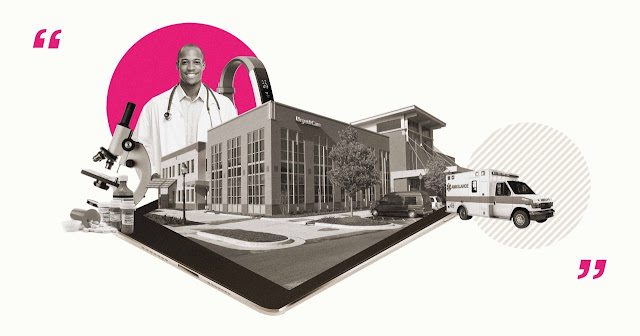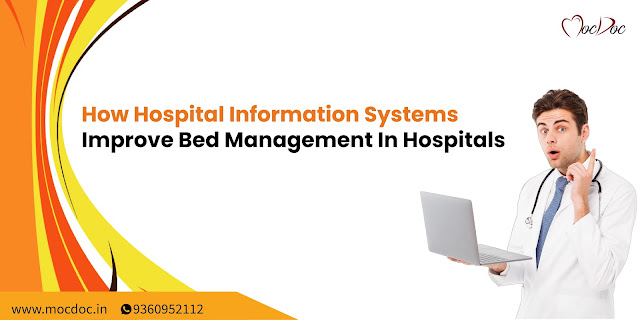7 Effective Tips for Hospital Management Systems Marketing in the Digital Age
.jpg)
In today's healthcare landscape, marketing plays a crucial role in reaching and engaging patients. Hospitals, equipped with advanced Hospital Management System (HMS), have a competitive edge. This article explores seven effective tips for marketing hospitals and highlights the significance of Hospital Management Software (HMS) in achieving marketing success. 1. Leverage Comprehensive Patient Data HMS provides hospitals with a treasure trove of patient data. By analyzing this information, hospitals can understand patient demographics, preferences, and behaviors. This insight is invaluable for crafting personalized marketing campaigns. Tailored messages resonate more with patients, leading to higher engagement and loyalty. 2. Optimize Online Presence Hospitals should have user-friendly websites, mobile apps, and active social media profiles. These platforms are ideal for disseminating information, sharing success stories, and engaging with patients. A well-optimized online presence ...


